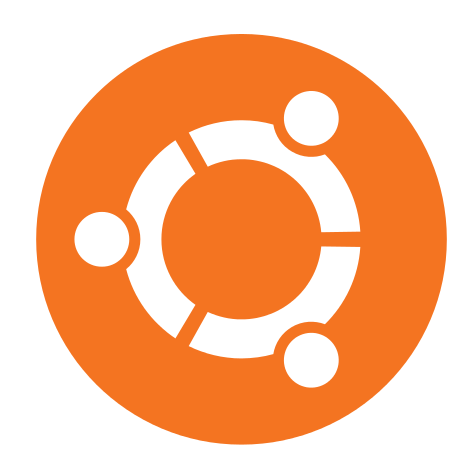Today I would like to introduce fellow Ubuntu Forums staff member CharlesA.
1. Tell as much as you’re willing about your “real life” like name, age, gender, location, family, religion, profession, education, hobbies, etc.
My name is Charles Auer, and I’m just a guy from California. I got my Associates degree in Electronic Technology in 2004 and been working as Tech Support since. I usually play RPGs in my spare time.
2. When and how did you become interested in computers? in Linux? in Ubuntu?
I first got into computers back in 1995 or 1996, when I had a teacher who worked to get older PCs usable so they could be used in the classroom. Most of them were 386 or 486 machines running Windows 3.1, but it was better then nothing. I started learning a bit about Linux in a class I took in 2007, after that I decided to redo my home server and have it running *nix. Been using it ever since.
3. When did you become involved in the forums (or the Ubuntu community)? What’s your role there?
I started out on the forums back in October of 2009, when I first started messing around with Ubuntu and ran into a snag that I didn’t understand. I eventually figured it out on my own, but it was nice to put thoughts on “paper” so to speak. I’m now a member of staff, and have been since September of 2010.
4. Are you an Ubuntu member? If so, how do you contribute? If not, do you plan on becoming one?
Not an Ubuntu member yet.
5. What distros do you regularly use? What software? What’s your favorite application? Your least favorite?
I mostly stick to either Debian or Ubuntu, but I have used both CentOS and Fedora at times. I don’t really have a favorite application, per say, but I do use bluefish a lot when I’m working on my website.
6. What’s your fondest memory from the forums, or from Ubuntu overall? What’s your worst?
Being asked to be a member of staff has got to be one of my fondest memories. Not sure if I have a worst memory from the forums, unless you count the slowness we had due to hardware problems, but that wasn’t anyone’s fault.
7. What luck have you had introducing new computer users to Ubuntu?
Some mixed luck so far, but in the end it didn’t work out so well. My philosophy is to use what works best for the job you are trying to accomplish, and sometimes *nix isn’t the best for the job.
8. What would you like to see happen with Linux in the future? with Ubuntu?
I’m not too sure, to be honest. I can see it growing in popularity, but time will tell which way it’ll go.
9. If there was one thing you could tell all new Ubuntu users, what would it be?
Always have backups of your data – anything you don’t have a backup of is not worth keeping.
Originally Posted here on 2011-03-20



Lernid
Lernid is the best way to connect to Ubuntu Developer Week. To use it you first need to add a PPA and install the application.
Point-and-click instructions
Open System->Manage->Software Sources
Enter ppa:lernid-devs/lernid-releases in the text field, press ‘OK’ and press ‘Reload’ when prompted
Open System->Manage->Synaptic Package manager
Launch Lernid from Applications->Internet->Lernid
Select the Ubuntu Developer Week from the drop-down box and choose a nickname
Console instructions sudo add-apt-repository ppa:lernid-devs/lernid-releases sudo apt-get update sudo apt-get install lernid